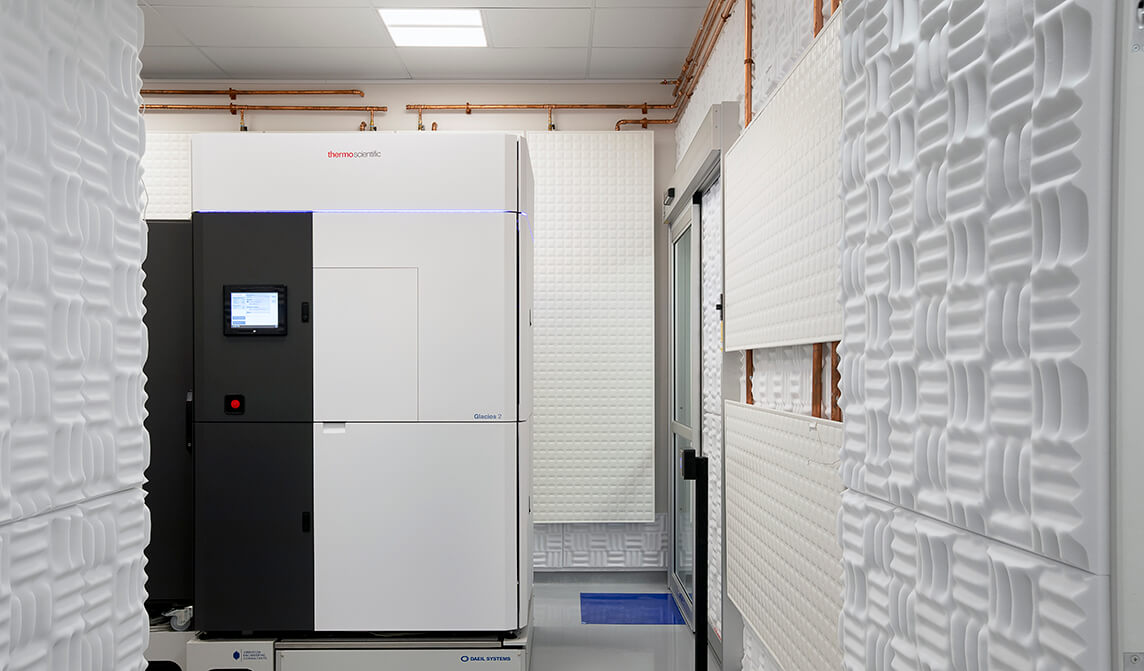Resources
Curated news and market intelligence
Building Smarter: Key Lessons for Biotech Founders Planning Their First Space
Insight by Carli Cabana, Director
For early-stage biotech companies, the moment you secure funding and begin planning your first dedicated lab and office space is both exciting and daunting. You’re transitioning from a shared environment into your own—often with investors expecting progress, milestones on the horizon, and an aggressive timeline. But too often, startup teams underestimate the complexity of that move. As a result, they fall into a reactive process that costs time, money, and momentum.
At VVA, we’ve seen firsthand how thoughtful planning and the right team can make the difference between a smooth transition and a project that spirals off course. Here are a few key considerations for biotech founders preparing to leave their incubator space:
1. Plan before the pitch: Go into funding conversations with a roadmap
Many founders assume the real planning begins after funding. But having even a rough roadmap beforehand can build investor confidence and help you avoid being caught flat-footed later. That includes:
- A basic timeline with key milestones like site selection, design, permitting, procurement, and construction.
- A cash flow projection that outlines when major expenditures will occur and how those align with your funding tranches.
- An understanding of the specialized vendors you’ll need and when they’ll need to be engaged.
- A little foresight here can save months of delay to your schedule, unnecessary spending, and position your startup as execution-ready.
2. Work with a broker who specializes in life sciences
Not all commercial brokers are equipped to understand biotech needs. From ceiling height requirements to vibration-sensitive equipment to utility loads, the needs of a life sciences company are highly nuanced.
We always recommend working with a broker who specializes in life sciences real estate—and bringing in a project manager (PM) early to join walk-throughs and help assess the suitability of each space. Your PM will know the right questions to ask based on your scientific needs and long-term growth plans.
3. Do your due diligence before committing to spec labs
A common mistake we see is startups signing leases in “spec” lab spaces that assume plug-and-play compatibility. But science is not one-size-fits-all.
We’ve been in situations where clients have brought us in after signing a lease, only to realize their equipment needs were quite custom and required strict design and vibration considerations. We helped advocate for the client, engaged the manufacturer, design and construction teams, and redesigned the lab space around the specialized equipment.
Takeaway: The earlier you identify your unique equipment and research needs, the better your design and construction team can plan around them.

4. Hire vendors for interpersonal fit, not just for cost
Startup founders are under constant pressure to maximize their funding, and it’s tempting to go with the lowest-cost architect, contractor, or vendor. But that decision can come at a steep price later.
Trust and alignment matter. Founders—especially scientists who are deeply data-driven—need to feel confident in their team. When they don’t, it often leads to second-guessing, micromanagement, and scope changes that derail timelines and budgets.
When evaluating vendors, prioritize chemistry and communication. Choose the team you trust in the trenches, not just the one with the lowest estimate.
5. Bring in a PM and CM early to stay on track
A project manager (PM) acts as your advocate—helping connect the right people, translate between scientific and construction teams, and ensure design decisions serve your goals. A cost manager (CM) gives you a realistic view of expenses, identifying trade-offs and flagging when scope creep threatens the budget.
Together, they provide the structure and accountability that busy founders need in order to stay focused on the science.
Final thought
Your science is complex, and so is your space. Surrounding yourself with the right team early—people who understand both the business of biotech and the nuances of lab build-outs—can protect your timeline, your funding, and your ability to deliver on your next milestone.
If you’re preparing to leave the incubator phase, our life sciences team at VVA is ready to help you think through the steps ahead—and avoid the costly missteps we’ve seen too many others make.
